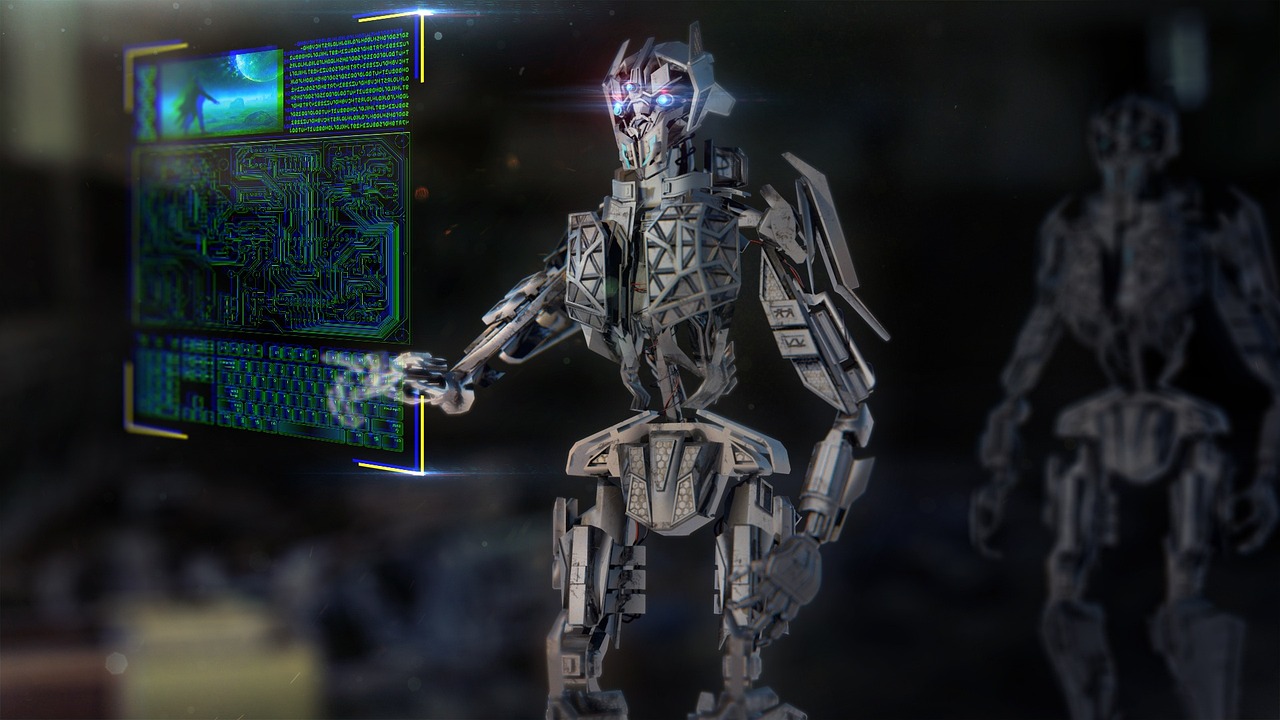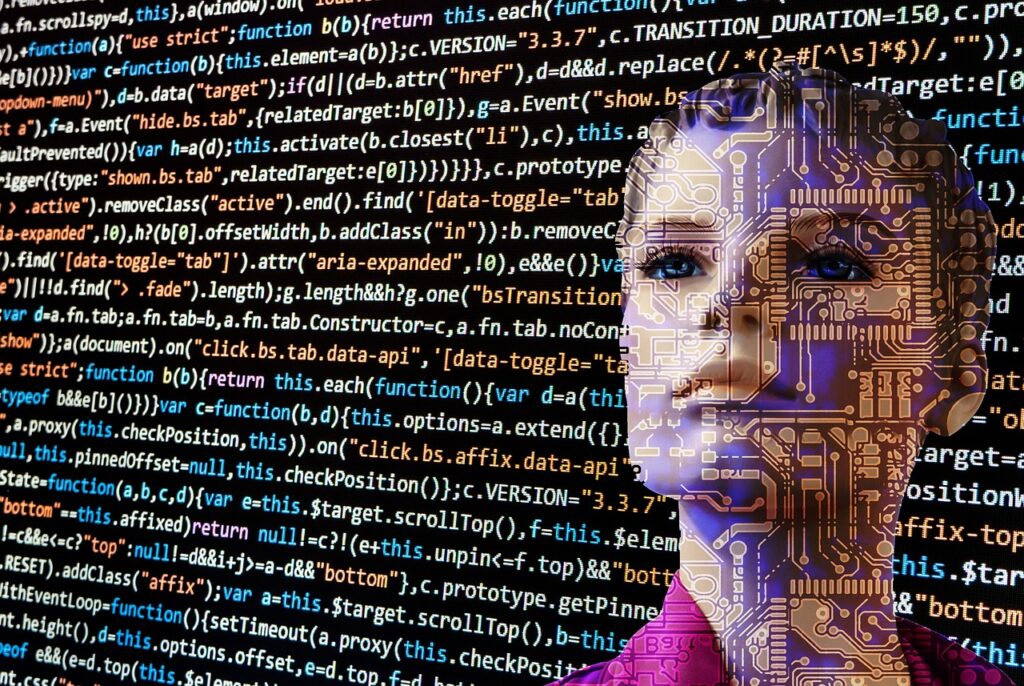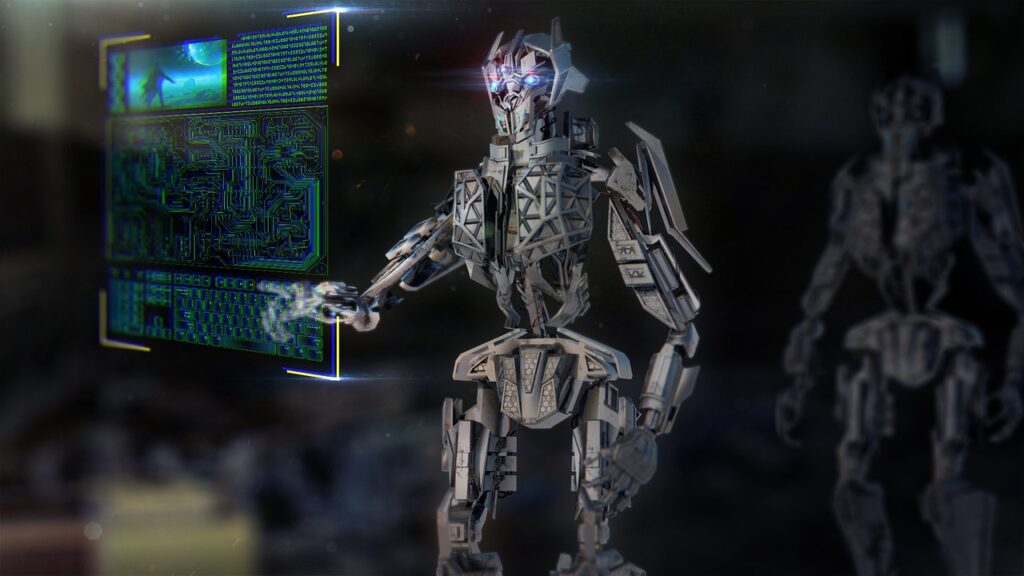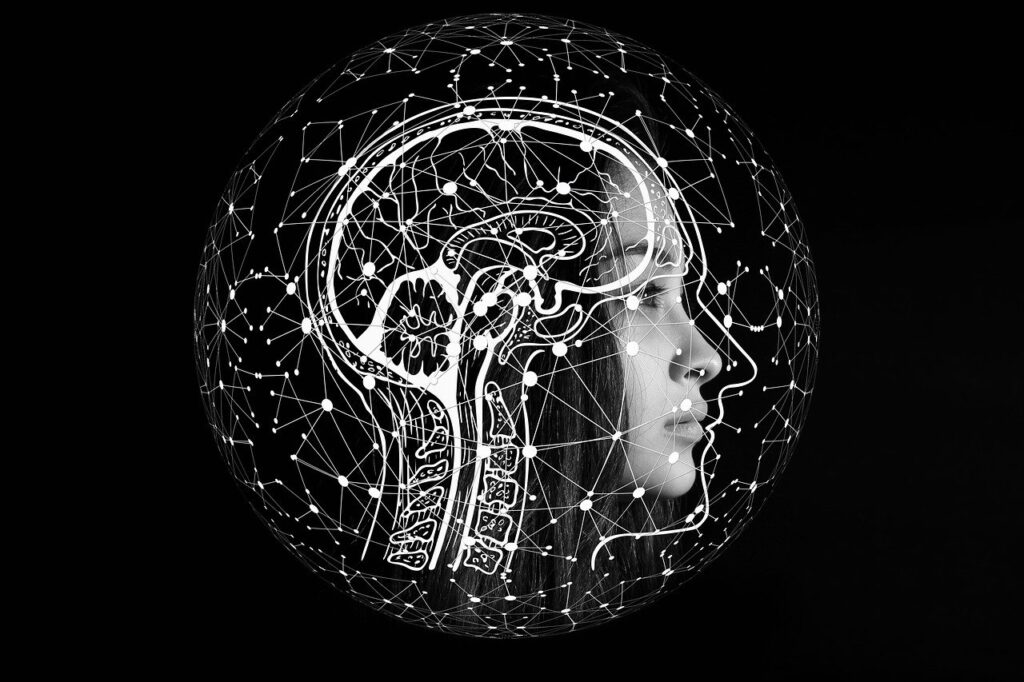What Is The Smartest AI In The World?

Imagine a world where artificial intelligence not only enhances our efficiencies but also outsmarts us at our own games. In this thought-provoking article, you’ll be introduced to the smartest AI in the world, renowned for its unparalleled cognitive abilities, cutting-edge functionalities, and magnificent complexities. You’re about to enter a fascinating exploration of artificial intelligence’s pinnacle and how it’s reshaping the future. Get ready to meet the real-life semblance of all those AI machines you’ve seen in sci-fi movies.

Understanding AI and its Capabilities
As you step into the world of artificial intelligence (AI), it’s crucial to define what this field truly represents. AI, at its very core, is the creation of smart machines that mimic human intelligence. This includes not only reasoning, learning, and problem-solving but also perception, language understanding, and creativity.
Basic definition of AI
AI can be described as a branch of computer science that designs and builds machines that can ‘think’ and learn like human beings. These are systems designed to mimic human intelligence and perform tasks that normally require human intelligence. These tasks can include not only complex problem-solving abilities and decision-making but also understanding human language, recognizing patterns, and interpreting complex data.
Diverse capabilities of AI
The true power of AI lies in its diverse capabilities. From automating routine tasks to forecasting trends, AI is revolutionizing the way businesses operate. It complements the human workforce and enhances human expertise, making it a powerful tool for businesses across all industries. AI can perform activities such as data analysis, prediction, and pattern recognition faster and more accurately than humans, creating immense value.
Exploring AI’s infinite potential
The potential of AI is limitless. It’s transforming every aspect of our lives, from personal to professional. With the aid of AI, we are now able to automate mundane tasks, get personalized recommendations, protect our homes and businesses, and so much more. It’s expected that the near future of AI will bring even more groundbreaking innovations, shaping our lives in ways we’ve never imagined.
A Brief History of AI Development
To fully understand AI and its capacities, it’s helpful to take a look back at its development, from its early days to its current state.
Early development of AI: First attempts at machine intelligence
The concept of AI has been around since antiquity, but the modern field of AI only started developing in the mid-20th century. The Pool of Bethesda story from the Christian Bible is an early example of AI, where an ‘angel’ makes a pool of water therapeutic. The first attempts at machine intelligence started with devices like Babbage’s Analytical Engine and ‘Turing Machine’, which laid the foundations for modern computers.
The progress of AI over the years
No single technological development has had as dramatic an impact on AI growth as the computer. From its initial birth in the 1950s to the present, AI has progressed by leaps and bounds. In its early days, AI was characterized by basic algorithms and relatively simple machines. Today, AI involves complex algorithms running on high-speed processors capable of analyzing vast amounts of data in real time.
Present state of AI: Deep learning and neural networks
Today’s AI incorporates cutting-edge technologies such as deep learning and neural networks. These technologies allow machines to improve their performance over time, learning from past experience just as humans do. Deep learning involves the use of neural networks with many hidden layers, allowing for increasingly sophisticated performance on tasks such as image and speech recognition.
Establishing Criteria for AI Intelligence
Although AI has seen significant advancements over the years, quantifying the exact level of intelligence of an AI system remains a complex task.
Determining intelligence in AI: A complex task
One of the main challenges in assessing AI intelligence is the fact that intelligence itself is a difficult concept to define. Additionally, since AIs are machines, their intelligence differs dramatically from human intelligence. While a human might excel at abstract reasoning and creativity, an AI system may be superior at processing vast amounts of information and identifying patterns and correlations.
Evaluation metrics for AI intelligence
A number of different metrics are used to evaluate AI intelligence. These include learning efficiency, problem-solving ability, adaptability, and the capacity to generalize from one task to another. Each of these measurements offers a glimpse into an AI system’s capabilities, but none provides a complete picture of overall intelligence.
The role of the Turing test in evaluating AI
The Turing test, developed by the British mathematician and computer science pioneer Alan Turing, has been a longstanding method to evaluate AI. The test involves an evaluator interacting with both human and AI entities, and if the evaluator cannot differentiate the AI from the human, then the AI is said to have passed the test. This test is one of many that aims to quantify the seemingly unquantifiable intelligence of AI.
The Role of Machine Learning in AI
Machine learning is the backbone of AI development. It involves teaching machines to learn from their experiences and make decisions based on that knowledge.
Learning algorithms: The foundation of AI intelligence
At the heart of every AI system are sets of algorithms, or well-defined sets of rules and instructions. These algorithms guide the functioning and learning capacity of AI systems. When new data or experiences are introduced, the algorithms help the system understand the data, learn from it, and make accurate predictions or decisions based on those learnings.
The impact of big data on machine learning and AI
The rise of big data has had a significant impact on AI. The vast amounts of data available today provide an abundant source of learning for AI systems. These large volumes of data afford AI systems the necessary experience upon which learning algorithms can build, enabling them to make more accurate and sophisticated judgments.
Neural networks and deep learning in enhancing AI intelligence
Neural networks, modeled after the human brain’s own network of neurons, are a key part of AI and machine learning. These networks are designed to replicate the way humans learn, progressively improving their performance over time. Deep learning takes this one step further, using multiple layers of neural networks to extract higher-level features from raw input data.

Current Leaders in AI Intelligence
AI innovation is happening all around the world, with diverse companies pioneering new developments in the field.
Top tech companies leading in AI development
Several large tech companies are currently leading the way in AI development. These include Google, Microsoft, Apple, and IBM, all of which are pushing the boundaries of what AI can accomplish.
Innovative start-ups revolutionizing the AI landscape
In addition to these established players, many innovative start-ups are making their mark on the AI landscape. Companies like OpenAI, DeepMind, and Neuralink are developing AI capabilities that are pioneering new applications and pushing the boundaries of what is achievable.
AI leaders from various industries and their applications
AI is not limited to tech companies. Many leaders from various industries, including healthcare, finance, and logistics, are leveraging AI to enhance their operations. For instance, in healthcare, AI is being utilized for early disease detection and personalized treatment recommendations.
Google’s DeepMind: Pioneering Revolutionary AI
One of the stand-out companies in the field of AI is Google’s DeepMind. The company has constantly pushed the frontiers of AI, creating systems that are capable of astonishing feats.
Overview of Google’s DeepMind
DeepMind is a British AI company that was acquired by Google in 2014. Since then, it has been at the forefront of AI development. DeepMind’s flagship product is a machine learning algorithm that can learn to play video games in a manner similar to humans.
DeepMind’s AlphaGo: The AI that defeated human Go champions
One of DeepMind’s watershed moments was the development of AlphaGo, the first AI to defeat a human champion at the complex board game Go. This was an incredible achievement, as Go is considered one of the most challenging games for an AI to master.
The impact and implications of DeepMind’s success
The success of DeepMind and AlphaGo marked a significant milestone in AI’s capabilities. It demonstrated that AI can outperform humans even in tasks that require strategic thinking and intuition. This achievement has had a profound impact on our understanding of AI, and it’s potential to accomplish more.

OpenAI’s GPT-3: The Largest Language Model
Another AI system that has made significant waves in the AI field is OpenAI’s GPT-3. This system has demonstrated impressive language processing capabilities, setting a new benchmark for AI language models.
Introduction to OpenAI and GPT-3
OpenAI, a research organization dedicated to ensuring that AI can be aligned with human values, recently unveiled its third-generation language prediction model, GPT-3. This model is capable of generating human-like text, making it the most advanced language model to date.
Capabilities and applications of GPT-3
GPT-3 has numerous applications, including translation, question-answering, and even creative writing. It can also be used to draft emails, write code, and create written content, displaying a level of language understanding and generation that is unparalleled in the AI field.
The potential future of GPT-3 and language-processing AI
The future holds great promise for GPT-3 and similar language-processing AI models. As these models become increasingly accurate and nuanced, they could transform a wide range of industries, from customer service to content creation and more.
IBM’s Watson: AI In Healthcare and Business
IBM is another key player in the AI game, with its Watson system playing a pivotal role in healthcare and business.
The advent of IBM’s Watson
IBM Watson is a question-answering AI system capable of understanding natural language. Named after IBM’s first CEO, Thomas J. Watson, the system gained fame when it defeated human champions on the game show “Jeopardy!”.
Watson’s applications in healthcare and business
Watson has been used extensively in healthcare, helping doctors make informed decisions about patient care. The system can analyze patient data, including medical records and clinical studies, to produce evidence-based treatment options. In business, Watson helps companies predict customer behavior and streamline operations.
The influence of Watson in AI development
IBM’s Watson has played an influential role in the development of AI. By demonstrating the practical applications of AI in industries like healthcare and business, Watson has paved the way for future AI developments.
The Future of AI: Beyond Current Intelligence
Although we’ve seen incredible advancements in AI, we’re only scratching the surface of what the technology can achieve.
Unveiling AGI: The next step in AI development
The next major phase of AI development is known as artificial general intelligence (AGI). While current AI systems excel at specific tasks, AGI systems will be capable of understanding, learning, and applying knowledge across a wide range of tasks, much like a human.
The potential impact of AGI on society
The advent of AGI could bring significant changes to society. While AGI promises great benefits, including increased productivity and advances in science and medicine, it also presents challenges. These include job displacement due to automation and the need to ensure that AGI systems align with human values and ethics.
Foreseeing regulatory and ethical challenges in AI’s future
As AI develops and becomes increasingly embedded in society, new ethical and regulatory challenges will arise. Policies will need to be designed to ensure the safe and beneficial use of AI while also addressing concerns about privacy and decision-making capability.
Determining The ‘Smartest’ AI
As AI continues to advance, one might wonder which AI system holds the title of ‘smartest‘. However, this can be a tricky question to answer.
The difficulties in declaring a ‘smartest’ AI
Determining the ‘smartest’ AI depends on how one defines ‘smart’. If ‘smart’ refers to raw computational power, then current supercomputers would take the title. However, if ‘smart’ includes abilities like emotional understanding, creativity, and the ability to understand and reason in our complex world, then even the most advanced AI systems fall short.
Different sectors, different strengths: AI’s variable strength
The ‘smartest’ AI can differ greatly based on the specific task. For example, an AI that excels at chess may struggle with language translation, and vice versa. This variability in strength is a fundamental characteristic of AI. Therefore, the ‘smartest’ AI can vary greatly depending on which capabilities are valued.
The journey toward the ‘smartest’ AI: A continuous effort
Overall, identifying the ‘smartest’ AI is not a one-time event but rather a continuous journey. As AI systems continue to improve and grow in sophistication, different systems will claim the top spot at different times. But the ultimate goal remains the same: to create AI systems that can effectively and efficiently solve problems, enhance productivity, and positively contribute to society.